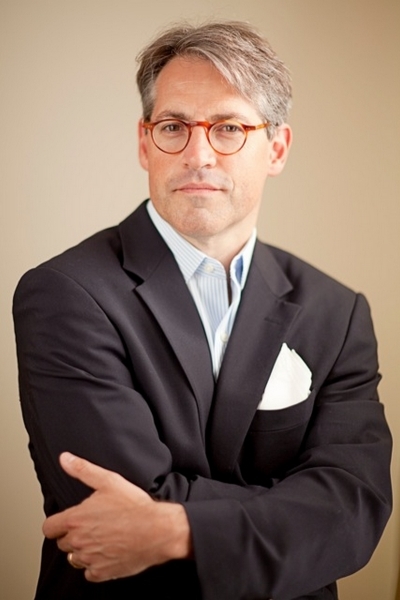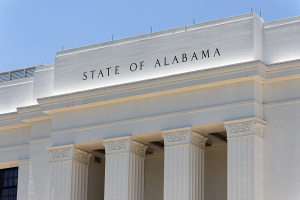Why Are African-Americans Strongly Opposed to Assisted Suicide?

From Colorado to the District of Columbia, death is on the march. But many African Americans are ready to resist.
On October 18th, the nation's capital took the first step towards physician-assisted suicide. The District of Columbia City Council voted to place the measure on its November agenda.
The so-called Death With Dignity Act would permit a person with a terminal diagnosis of six or fewer months as confirmed by two doctors to obtain a lethal dose of drugs, which they would administer to themselves.
This terrible idea still faces some formidable obstacles. Chief among them are the misgivings of Washington's large African-American community.
As the Washington Post recently reported, "In national surveys, African Americans have consistently stood against assisted suicide."
According to a 2013 Pew survey, while only 42 percent of American whites opposed physician-assisted suicide, 65 percent of African Americans and Latinos did.
By way of underscoring the gap between the races on this issue, since Oregon legalized physician-assisted suicide in 1997, only one African-American has availed himself of its provisions. That's one out of 991 people.
The obvious question is: Why?
One readily apparent reason is religion. One African American woman quoted in the piece, who is fighting cancer herself, spoke for many District residents when she told the Post that "We believe in God. That's not even a question. I'm fighting for my life, and my God is going to show me how."
But there's another reason: a distrust of the medical system. As Patricia King of Georgetown Law School put it, "Historically, African Americans have not had a lot of control over their bodies, and I don't think offering them assisted suicide is going to make them feel more autonomous."
As King's comments suggest, the distrust of medicine by African Americans has a very sound grounding in history.
Many Americans have heard of the Tuskegee Airmen, but very few have heard of the Tuskegee experiment. Between 1932 and 1972, the U.S. government purposely allowed black men with syphilis to go untreated, even after a treatment became available, to gauge the impact of the disease.
And this was not an aberration. As journalist Sonia Shah documented in her book, The Body Hunters, the U. S. routinely performed medical experiments on Blacks and other minorities without their informed consent. The violations of human rights were so common and grotesque that, at the "doctors trial" at Nuremburg after WWII, the German defendants' lawyers argued that their clients had not done anything that American medical professionals hadn't done themselves. The American government got around this problem by having its principal witness lie under oath about American practices.
This is only the most egregious part of a long history of discrimination at the hands of the mainstream medical profession against African-Americans. So it's little wonder that District residents are concerned "that low-income black senior citizens may be steered to an early death."
Bitter historical lessons have taught them to take "assurances" against potential abuse with a truckload of salt.
The question is: Have the rest of us?
Next month, as John Stonestreet told you on this program, residents of Colorado are voting on Proposition 106, which would legalize physician-assisted suicide. As he has repeatedly pointed out, the "assurances" being offered are hollow. And that the disabled, elderly, and poor — in the District, in Colorado, and everywhere else — have good reason to fear that the "right to die" may soon become a "duty to die."
Originally posted at breakpoint.org.





























